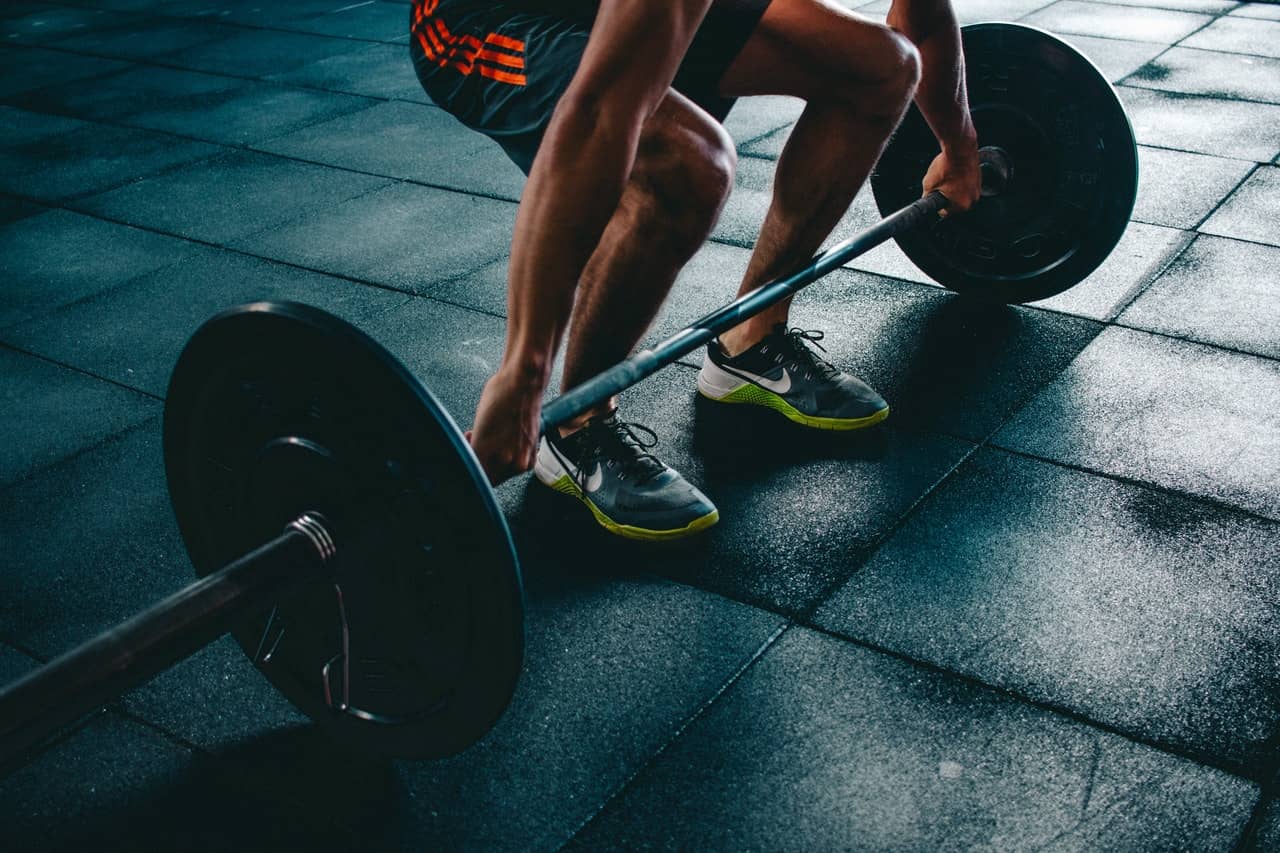
It’s school time! Backpacks, homework, after-school clubs, and SPORTS! As you are searching through extracurricular options for your middle and high school age children, we want to offer some suggestions about how to go about ensuring that your kids train safely. Sports activities can be some of the most rewarding and also educational activities for your child, but they can also be some of the most physically detrimental activities if done incorrectly. Many middle and high school sports activities dive into sports-related strength training programs that pair directly with their sport, but some programs dive into strength training programs that could potentially injure or keep an adolescent from appropriately progressing.
We are not suggesting you question the authority of your child’s coach, but we do think it’s important for you to know what’s going on in the gym. It’s perfectly fine to ask questions of your child’s coaches! It’s important for you to know what’s going on in that gym while the kids are not on the playing field. In the following paragraphs, we will briefly dive into a few ideas of what a training program ought look like for a middle or high school sports team.
Strength training can be a great thing for adolescents! According to the American Association of Pediatrics, multiple studies have shown that strength training, with proper technique and strict supervision, can increase strength in preadolescents and adolescents. Increases in strength occur with virtually all modes of strength training, and can occur with training as little as once a week. Programs which emphasize strengthening of the core (trunk muscles, abdominals, low back, gluteal muscles) are of chief importance for children. Such core strengthening programs will benefit sports-specific skills and overall postural control as well.
It is essential for kids to master basic bodyweight movements (squat, push-up, etc) before adding in weights or equipment for strength training. For example, a solid squat is top priority before even considering putting a barbell on their back. This standard is also important for adults, but primarily of importance for children. These basics must be first priority when it comes to allowing and encouraging your children to train or even do sports-related activities. Even when form of basic movements is nearly mastered, it’s a good idea to stick with multi-joint functional movements. For example, more rowing and less curling is always best.
One common mistake - especially in middle and high school sports strength and conditioning programs - is that kids begin to lift and immediately begin to pile on too much weight. Without a doubt, this will lead to injury and continue to promote poor movement patterns. If a child cannot properly complete a squat or push-up, moving on to a barbell back squat or bench press is only asking for injury. Of primary importance in a sports program for adolescents is supervision! It is absolutely necessary for coaches to be present during any and all strength training exercises. Strength training programs can be incredibly beneficial, but unsupervised programs can be detrimental.
We would also echo a common suggestion for adolescents to avoid most workout machines. Some of these machines (including the leg extension, leg press, and chest fly) force kids to work through fairly unnatural movement patterns that have little carryover to sports and activities of daily life. Much of the concern over injuries associated with strength training come from data from the US Consumer Product Safety Commission’s National Electronic Injury Surveillance System, which estimates the number of injuries connected to strength training equipment. Most of these injuries occur on home equipment with unsafe behavior in unsupervised settings. Stick with a variety of strengthening equipment - medicine balls, bands, and cable-based machines allow for more three-dimensional, often functional, movements. Equipment like that will not only offer variety and keep training interesting, but will train balance and stability all while strengthening. Balance and stability are often overlooked, but are of prime importance in children.
At the end of the day, we simply encourage you to ask questions. A solid sports team will have some sort of strength training built into their programming. Strength training injuries can often be avoided, and having knowledge about what goes on in the school gym is of utmost importance for you as a parent. Again, we’re not suggesting you coach your child’s sports team, we’re merely suggesting you know what’s going on behind closed doors. A quality program will have no problem answering any questions you might have!
~Emily Harbin~
Articles used and referenced:
http://pediatrics.aappublications.org/content/pediatrics/107/6/1470.full.pdf

8029 Ray Mears Blvd, Suite 300
Knoxville, TN
37919
Phone: 865-337-5574
Monday
7am-12pm & 1pm-6pm
Tuesday
7am-12pm & 1pm-4pm
Wednesday
7am-1pm
Thursday
7am-12pm & 1pm-6pm
Friday
7am-12pm & 1pm-4pm
Saturday & Sunday
Closed